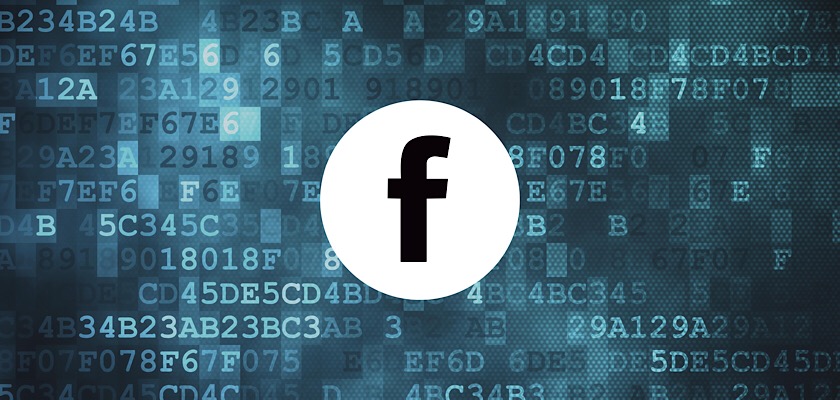Numerous reports have highlighted the increasingly cozy data-sharing partnerships that have been developing between big tech companies and governments this year. Most of these reports have focused on Amazon-owned Ring’s partnerships with law enforcement and how these partnerships often make it easier for officers to obtain user data such as surveillance footage.
Now a new report from the Financial Times says that Facebook will start getting access to police body camera footage from firearms training exercises as part of a new partnership with the UK’s Metropolitan Police force. The data will be provided to Facebook free of charge and in exchange, Facebook will give free body cameras to the police.
According to the report, the body camera footage won’t just be shared with Facebook. It will also be provided to the UK Home Office and potentially even shared with other companies.
Facebook says it will use the video footage to train its systems and “rapidly identify real-life first person shooter incidents” which it will then remove from its platform.
This partnership is reportedly an extension of Facebook’s work with the National Counter-Terrorism Internet Referral Unit which is run by the Metropolitan Police. The unit works with tech companies to remove online terrorist material and investigate national counter-terrorism threats.
While this data sharing agreement currently appears to be restricted to firearms training exercises, it’s reflective of a larger pattern of big tech companies sharing increased amounts of data with governments and law enforcement agencies.
Recently Google gave US law enforcement officials data on all users within 100 feet of a bank robbery via a reverse location search warrant. The Trump administration is also reportedly considering a proposal to curb gun violence by monitoring people’s mental states via the data collected by smart devices.
Before this partnership with Facebook was announced, the UK government was also facing criticism for its other online counter-terrorism initiatives which included a UK government propaganda wing creating fake Facebook and Instagram accounts to stop Muslim radicalization and the UK Home Office’s counter-extremism program covertly funding the Muslim lifestyle website SuperSisters.






















